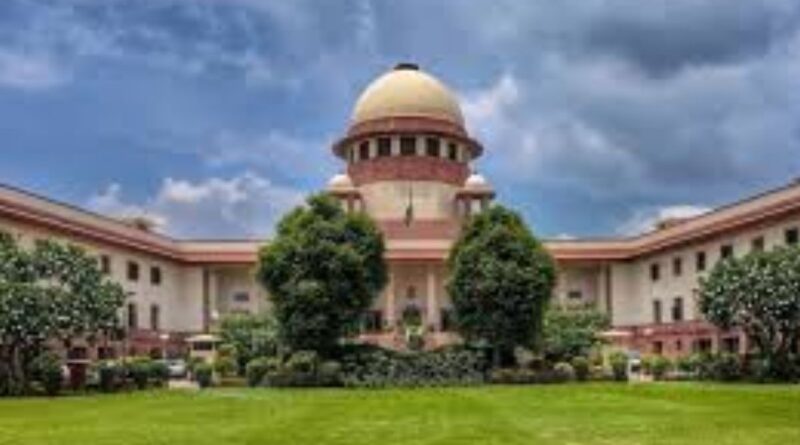SC Clarifies Grounds for Review Under CPC, Overturns HC Order
The Supreme Court has once again clarified the scope of review jurisdiction, stressing that a review petition cannot be treated as an appeal in disguise. The ruling came in the case Malleeswari v. K. Suguna & Another, decided on September 8 by a Bench of Justice Ahsanuddin Amanullah and Justice SVN Bhatti.
The Court explained that under Order 47 Rule 1 of the Code of Civil Procedure (CPC), a review petition has a very narrow purpose. It is only meant to correct clear mistakes or consider new evidence that could not have been produced earlier. Unlike an appeal, it does not allow re-hearing or reassessment of the entire case.
The Bench listed three valid grounds for filing a review petition:
- Discovery of new and important evidence or facts, despite due diligence, not available at the time of the judgment.
- An obvious error on the face of the record, which can be easily seen without lengthy reasoning.
- Any other sufficient reason, which must be similar in nature to the above two grounds.
The ruling came while hearing a partition dispute. The case began in 2000 when a son filed a suit against his father. Over the years, multiple transactions took place, including a settlement of property in favour of the daughter and execution of a will. Later, the daughter sought coparcenary rights under the Hindu Succession (Amendment) Act, 2005.
In 2019, the trial court rejected her claim, but the High Court in 2022 upheld her entitlement. However, in 2024, the High Court reviewed its own order and sent the matter back to the trial court. The daughter challenged this review order before the Supreme Court.
The apex court held that the High Court had wrongly gone beyond its limited review powers by reappreciating facts, as if hearing an appeal. It restored the 2022 High Court order recognising the daughter’s coparcenary rights and directed the trial court to conclude pending applications within three months.
The Supreme Court underlined that review jurisdiction comes with strict limits and cannot be expanded to function like an appeal.





